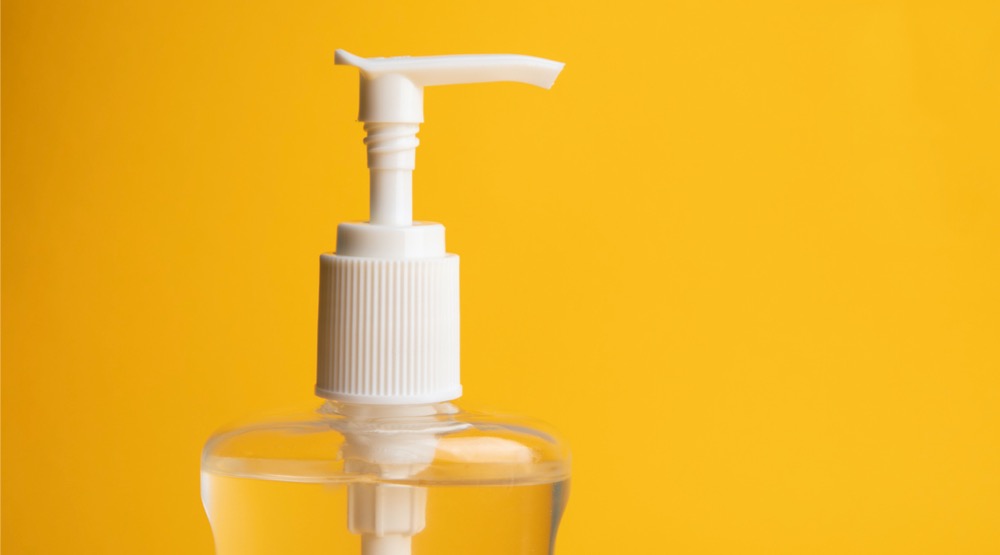When COVID-19 made its unapologetic arrival back in March, and Australians went on a panic-buying mission, supplies of hand sanitiser quickly dried up. Cue everyone from bourbon distilleries to salon suppliers creating their own. It was a market that was hungry for product, and those that could, were willing to feed it.
But now the Therapeutic Goods Administration has warned Australian businesses – including salons and beauty suppliers – that have entered into hand sanitiser production to ensure they follow strict guidelines, as it’s emerged that many of the products that are being sold are not meeting TGA regulations.
When demand hit an all-time high, the TGA made it easier for the product to enter the market; companies were permitted to sell their product without gaining the time-consuming TGA approval, so long as they follow the TGA’s instructions for producing sanitiser.
“They’re pretty simple recipes,” John Skerritt, deputy secretary at the Department of Health who oversees the TGA, told the ABC.
“But they’ve got to be to a particular recipe.”
And now, with the market flooded with hand sanitiser, the TGA is focused on ensuring the products meet those standards.
“Our role now is moving to working to make sure that the packaging is appropriate, the composition is appropriate, and that people aren’t making crazy advertising claims,” Professor Skerritt said.
The TGA has approved two recipes for hand sanitiser that Australian suppliers must meet to be able to produce it without TGA approval; one requires 80 per cent ethanol, and the other requires 75 per cent isopropyl alcohol.
“If people go outside the recipe, if they say use 25 per cent alcohol instead of 80 per cent alcohol … then they are breaking the law,” Professor Skerritt said.
The guidelines also draw a hard line on what will and won’t be permitted on packaging and within advertising claims. A supplier is forbidden to make claims such as it “kills the coronavirus” in any advertising material unless it had TGA approval to do so.
“You can’t say for these consumer ones, kills viruses, treats COVID, and so forth,” said Professor Skerritt. “Don’t try to push the margins.”
Visit the #BEAUTYSTRONG hub at https://www.professionalbeauty.com.au/beautystrong/
For more news and updates, subscribe to our weekly newsletter.

